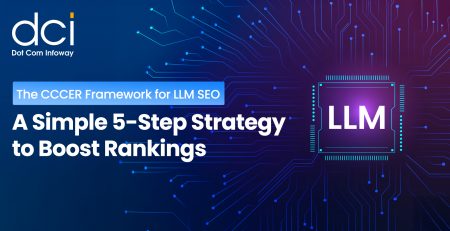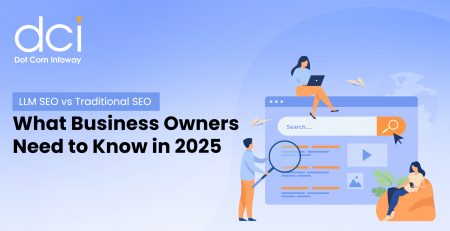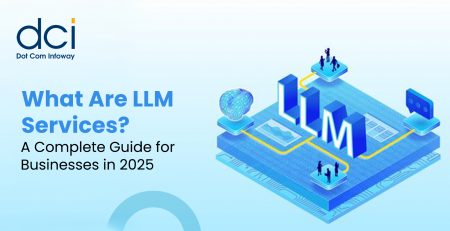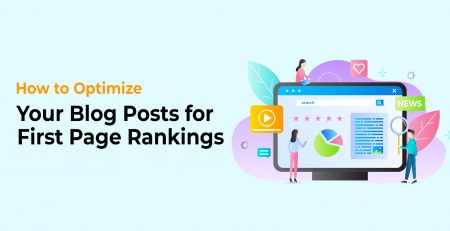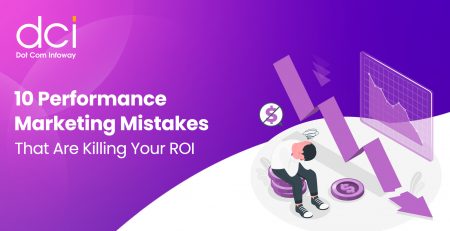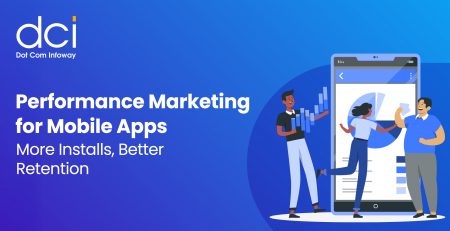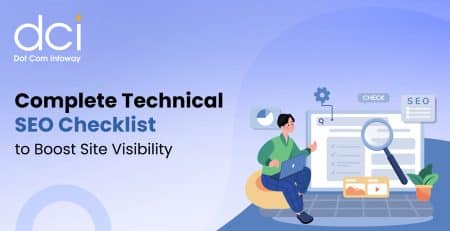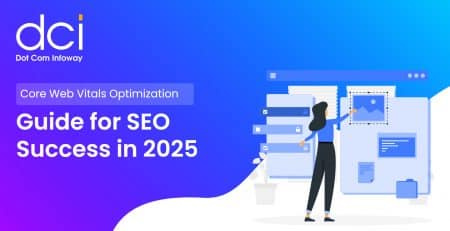10 Reasons Why Your Optimized Page Still Won’t Rank and What You Can Do
Search engine optimization (SEO) is often touted as the ultimate formula to drive website traffic and improve visibility. Yet, despite meticulously crafting your content and ticking off every SEO checklist, your page might still be lagging behind on Google rankings. This is not just frustrating—it’s perplexing. Why does an “optimized” page fail to deliver the promised results? The truth is, optimization is about much more than sprinkling keywords and tweaking meta descriptions. It’s a complex process influenced by countless factors, some of which may remain elusive even to seasoned digital marketers.
In this article, we’ll unravel the hidden reasons why your optimized page may still not be ranking and offer actionable steps to fix each issue. By addressing these challenges holistically, you’ll be one step closer to unlocking your website’s full potential.

What Does It Really Mean to Optimize a Page?
Before we dive into the reasons why an optimized page might not rank, it’s essential to define what “optimization” entails. At its core, optimization is about making your page as user-friendly and search-engine-friendly as possible. It involves proper keyword placement, engaging content, responsive design, and much more. However, optimization doesn’t exist in a vacuum. It works in tandem with Google’s ever-changing algorithms, user behavior, and competitive landscape.
The problem often lies in focusing too much on one aspect of SEO while neglecting others. For instance, you might have perfect on-page optimization, but if your technical SEO or backlink strategy is weak, your rankings will suffer. Optimization, therefore, is not just a one-and-done task; it’s a dynamic process that requires consistent effort and adaptability.
Reason 1: Poor Keyword Strategy
Keywords are the backbone of SEO. However, simply stuffing your page with high-ranking keywords isn’t enough to rank anymore. Search engines have evolved to prioritize content that satisfies user intent. If your keyword strategy is outdated or misaligned with what users are actually searching for, your page is unlikely to appear in top results.
For example, targeting broad keywords like “fitness tips” might bring in massive search volume, but it’s also highly competitive. Instead, focusing on long-tail keywords such as “beginner-friendly fitness tips for busy moms” can help you attract a more targeted audience while reducing competition. Regular keyword research using tools like Ahrefs, SEMrush, or Google Keyword Planner can reveal opportunities for improvement.
Reason 2: Weak Content Depth and Quality
High-ranking pages are rarely thin on content. Search engines prioritize pages that provide comprehensive, valuable information. If your content is superficial, outdated, or lacks originality, it won’t stand a chance against competitors who go the extra mile.
To fix this, aim to create content that answers every conceivable question a user might have about the topic. Include statistics, case studies, and actionable tips to build authority and trust. Incorporate multimedia elements like videos, infographics, or interactive tools to make the content more engaging. Remember, quality content isn’t just about length—it’s about depth and relevance.
Reason 3: Weak Backlink Profile
Backlinks remain one of Google’s top-ranking factors. An optimized page with a weak backlink profile is like a lone tree in a vast desert—visible but insignificant. If authoritative websites aren’t linking to your page, search engines may assume it lacks credibility.
Start by auditing your existing backlinks using tools like Moz or Ahrefs. Then, work on acquiring high-quality backlinks through strategies like guest blogging, creating linkable assets, or reaching out to influencers in your niche. Avoid spammy link-building practices, as these can do more harm than good.
Reason 4: Technical SEO Issues
Even the best content can’t rank if your website is plagued with technical issues. Slow page speed, broken links, and poor mobile usability are just a few factors that can negatively impact your rankings. Run a full website audit using tools like Google Search Console or Screaming Frog. Fix broken links, optimize your images, and ensure your website is mobile-friendly. Pay special attention to Core Web Vitals, as Google now considers them a critical ranking factor.
Reason 5: Low User Engagement Metrics
Google uses user engagement metrics like bounce rate, time on page, and click-through rate (CTR) to gauge the relevance of your content. If users are clicking on your page but leaving quickly, it sends a signal to Google that your content isn’t meeting their expectations.
To improve engagement, focus on creating compelling headlines, structuring your content for readability, and adding interactive elements. A/B testing can also help you determine what resonates best with your audience.

Ready to boost your website’s rankings and online visibility?
Discover how our expert SEO services can resolve ranking issues, drive traffic, and elevate your website’s performance to the next level!
Reason 6: Lack of E-A-T (Expertise, Authoritativeness, Trustworthiness)
E-A-T has become a crucial factor in Google’s ranking algorithm, especially for YMYL (Your Money, Your Life) niches like health, finance, and legal advice. If your page doesn’t demonstrate expertise, authority, and trust, it will struggle to rank, no matter how well-optimized it is. You can boost E-A-T by showcasing author credentials, citing credible sources, and earning mentions from authoritative websites. If applicable, consider obtaining certifications or badges that prove your credibility.
Reason 7: Poor Internal Linking
Internal linking is often overlooked, but it’s a powerful tool to help search engines understand your site structure and distribute link equity. If your page isn’t well-integrated into your website’s internal linking strategy, it might struggle to gain visibility. Ensure that every page on your site links to and from relevant content. Use descriptive anchor text that includes your target keywords. This not only improves navigation but also signals to search engines what your page is about.
Reason 8: Algorithm Updates
Google’s algorithms are in constant flux, with core updates often shaking up the SEO landscape. If your page was ranking well but suddenly dropped, an algorithm update might be to blame. Stay updated on the latest changes by following trusted sources like Search Engine Journal or Google’s Webmaster Blog. Analyze how the update impacted your rankings and adjust your strategy accordingly. Sometimes, this may involve overhauling your content or diversifying your traffic sources.
Reason 9: Over-Optimization
Yes, there is such a thing as over-optimization. If you’re overloading your page with keywords, overusing headers, or stuffing your metadata, search engines might penalize you. This is often referred to as “keyword stuffing” or “SEO spamming.” Focus on creating natural, user-focused content. Use keywords sparingly and strategically rather than forcing them into every paragraph. Remember, quality always trumps quantity when it comes to SEO.
Reason 10: Stronger Competitors
Sometimes, the issue isn’t with your page but with your competitors. If they’re producing better content, earning more backlinks, or leveraging paid ads, they’ll naturally outrank you. Conduct a competitive analysis to identify their strengths and weaknesses. Use tools like SEMrush or SpyFu to see what keywords they’re targeting and how their content performs. Then, aim to outdo them by providing more value, optimizing your content more effectively, and exploring new marketing channels.
Conclusion
Ranking on Google isn’t a straightforward task, and there’s no magic formula to guarantee success. However, by understanding the reasons why your optimized page might not rank and addressing each issue methodically, you can significantly improve your chances. SEO is a marathon, not a sprint, so be patient, stay informed, and remain adaptable to changes in the digital landscape.

